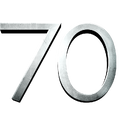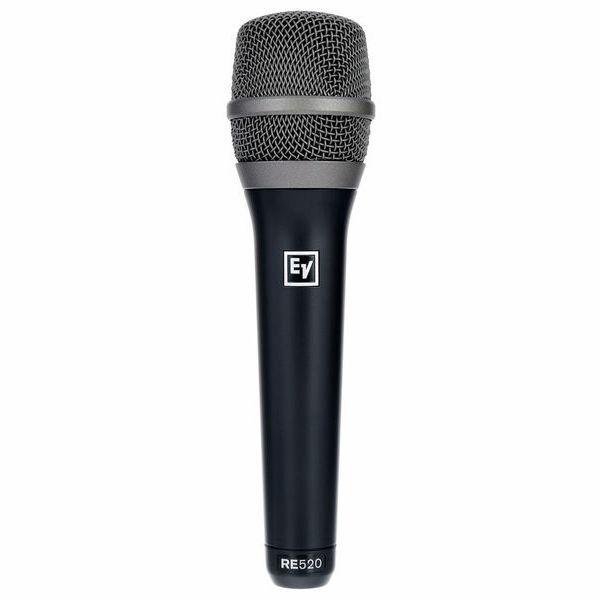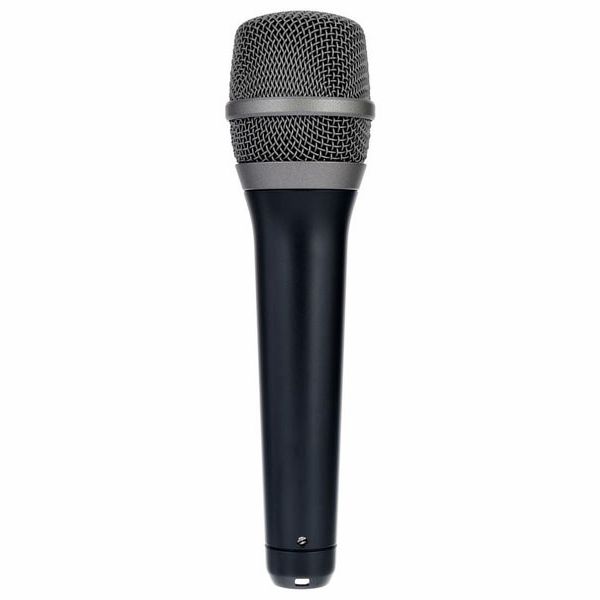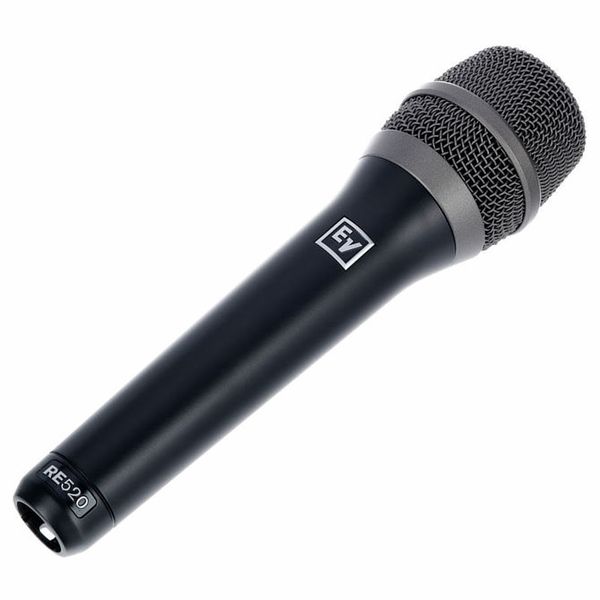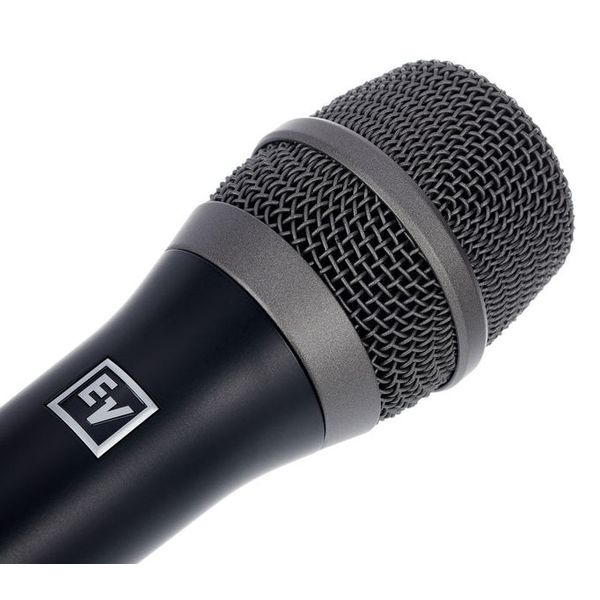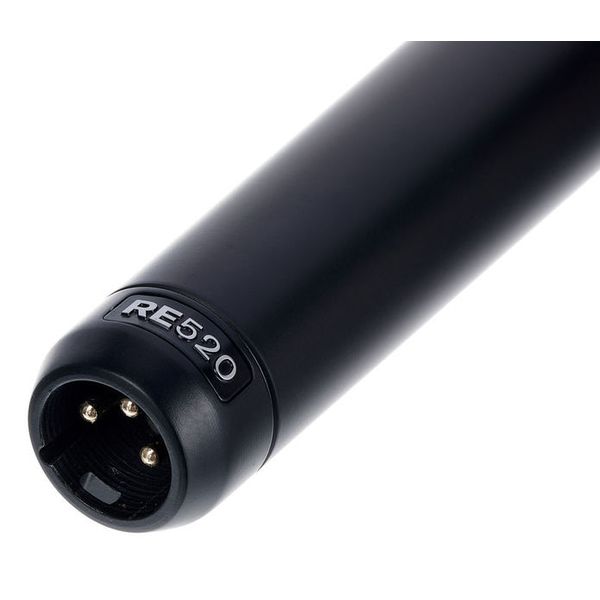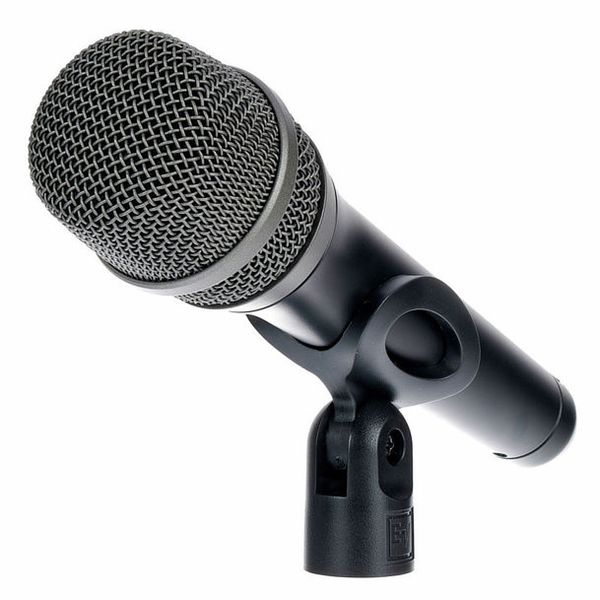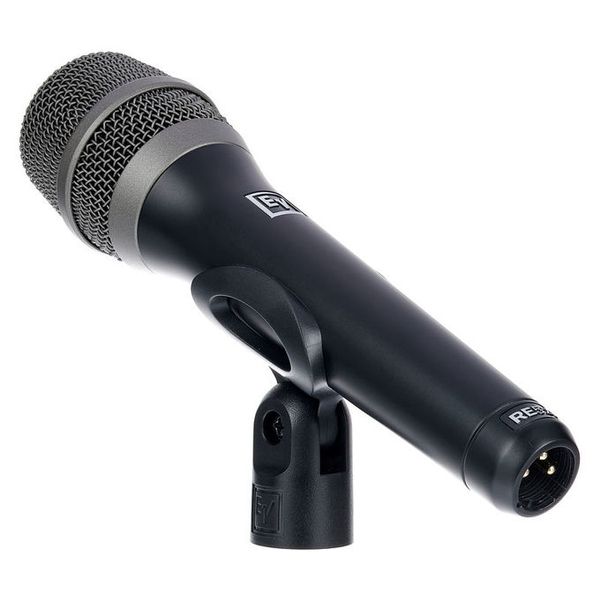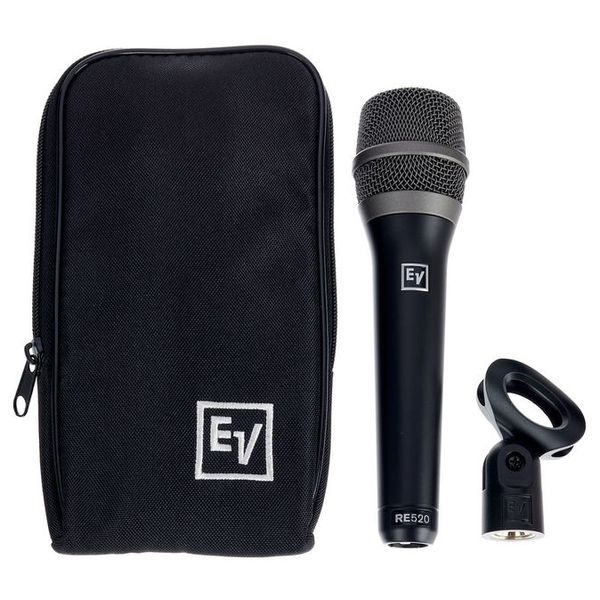This is a high-quality vocal mic with an advanced design. I didn't buy this as a vocal mic; a master engineer recommended it to me for large school bands and choirs, large percussion sets or anywhere you need to cover an area with 1 or 2 pairs of mics. The supercardioid characteristic means low feedback, and the medium-sized diaphragm condenser design balances detail with richness. As a condenser this mic requires phantom power. Though I bought it for choirs, it's designed as a handheld vocals mic so I started using it for this, and it's excellent, capable of much better gain-before feedback than common vocal dynamic mics, with higher detail and a natural sound free from harshness and sibilance.
But it takes some getting used to. It has a large (+6dB) boost at about 5kHz but IMO this is a little high, I find I need to cut some of this with the GEQ and sometimes add a small amount of boost at around 3k like popular dynamic vocals mics. It has full lows and low-mids, to the point where you may wish to cut some of these. There is an HPF switch under the grill and I recommend this for vocals, not just for pop removal but because you may need it to balance lows correctly as it start to work from about 200Hz and below. This is a very capable vocals mic but it requires its own settings; very different to a 58.
You will also find its output is much hotter than a dynamic vocals mic and you will either need to use a pad or reduce gain by at least 12dB. If you have set your channels and graphic EQ for a common dynamic vocal mic like an SM58, you should start again from flat EQ and a neutral channel for this mic, none of your previous settings will be useful with this mic. But when this is done, this is excellent as a hand-held vocals mic. It feels great in the hand, it's heavy and rugged and well made. There is an internal HPF switch but I feel it needs a 10dB pad switch too. It has more detail and clarity than an SM58, although you may not think so until you re-balance the EQ and engage HPF against proximity effect, and a tighter pickup pattern. It has richer/better lows and mids than the Sennheiser e8-series vocal mics, and better clarity than EV ND-series. Lower feedback than most mics. All EV RE-series are high-end, high-quality equipment.
It's a very versatile mic. The high feedback-rejection allows you to use more gain and the EQ you want vs most common stage mics. This mic also sounded very good as a mono overhead for Latin percussion with 2 timbales, a cymbal, bells and blocks. I've tried several mics with this percussionist and have settled on the RE520, for overall sound quality, excellent feedback resistance and rejection of outside spill, and for great off-axis response; some mics sound terrible for sound they pick up from the side, eg. cymbals into an MD421 when used as a toms mic, but not this one.
This may be the most versatile mic for live music I own and not just rock bands, it also excels on large percussion setups eg. for the Vietnamese community's traditional instruments. It is also excellent for acoustic guitars and any orchestral instrument as a spot mic. Being a top-quality vocals mic is a bonus after that

